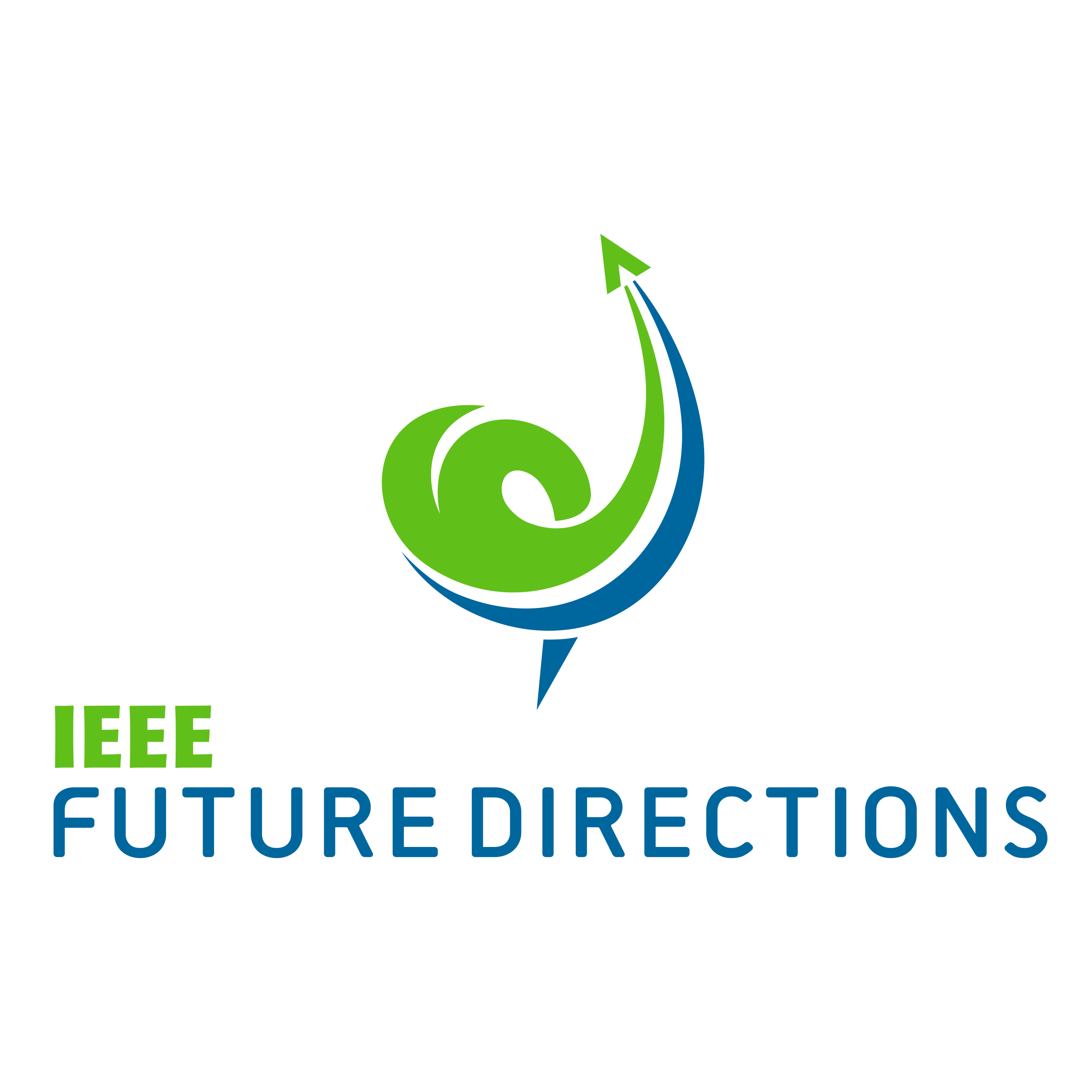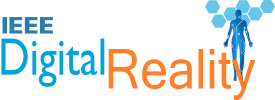IMPORTANT INFORMATION FOR COMPSAC 2022 AUTHORS
COMPSAC 2022 will be completely virtual as it was in 2020 and 2021, and all presentations will be done virtually. We will announce this update also in the submission acceptance letters to authors. Authors of accepted papers will be required to provide a video of their presentation together with the submission of the final version of their papers. COMPSAC will provide detailed guidance regarding preparation and submission of these videos.
4th IEEE International Workshop on Deep Analysis of Data-Driven Applications (DADA 2022)
Goal of the workshop:
The workshop aims to identify challenging and novel applications of deep learning algorithms to address scientific and engineering problems. The workshop fosters deep learning techniques to modeling and analyzing data-driven applications. It creates a venue for researchers from academia and industry to share their intellectual ideas and experiences with respect to challenges, novel problems, innovative applications, and creative solutions regarding the applications of deep learning to scientific and industrial problems driven by data.
Workshop theme:
AI-based application systems are becoming the mainstream for software industry. The recent advancement in big data generation and management has created an avenue for decision makers to utilize these huge data collected from many application domains for different purposes. Application developers and data scientists have utilized conventional machine learning techniques for a long time. However, with the advancement of deep learning paradigm, developers and decision makers are able to learn more about their data and then explore and model hidden features for prediction and analysis purposes. The new trends of practices in developing data driven application systems and decision making algorithms seek adaptation of deep learning algorithms and techniques in many application domains including AI-based software systems and applications and variety of scientific domains. An interesting aspect of adaptation of deep learning algorithms to such problems is that new challenging problems can be identified and deep learning algorithm can be innovatively adapted to address the discovered problems are explored.
Scope of the workshop:
Researchers and practitioners all over the world, from both academia, research institute, and industry, working in the area of data analysis and data-driven application domains using deep learning approaches are invited to discuss the state of the art solutions, novel issues, recent developments, applications, methodologies, techniques, experience reports, and tools for the development and use of deep learning in their application domains. Topics of interest include, but are not limited to, the following applications of deep learning to:
- Intelligent data analysis
- AI-based software development and analysis
- Smart businesses and intelligent financial systems and applications
- Time series modeling and prediction
- Generative adversarial modeling of problems
- Natural language processing
- Security and privacy
- Attention-based networks
- Transfer learning
Likely participants: Machine and deep-learning experts, data scientists, software engineers, researchers and developers are called to participate and exchange ideas and techniques.
Please visit Information for Authors for formatting instructions, page limits, and IEEE paper templates.
Important dates for submission and notification are listed here.
Workshop Organizers
Akbar Namin, Department of Computer Science, Texas Tech University
Email: akbar.namin@ttu.edu
Fang Jin, Department of Statistics, George Washington University
Email: fangjin@gwu.edu
Program Committee
(to be confirmed)
Thavaneswaran Aerambamoorthy (University of Manitoba, Canada)
Tommy Dang (Texas Tech University, USA)
Chihiro Shibata (Tokyo Institute of Technology, Japan)
Jianjun Zheng (Stephen f. Austin State University, USA)


